Negotiation 8th Edition By Roy Lewicki – Test Bank
$25.00
Edition: 8th Edition
Format: Downloadable ZIP File
Resource Type: Test Bank
Duration: Unlimited downloads
Delivery: Instant Download
Negotiation 8th Edition By Roy Lewicki – Test Bank
Negotiation, 8e (Lewicki)
Chapter 8 Finding and Using Negotiation Power
1) The definition of ________ is the capabilities negotiators can assemble to give themselves an advantage or increase the probability of achieving their objectives.
Answer: power
Topic: Finding and Using Negotiation Power
Learning Objective: 08-01 Understand different approaches to defining “power” in negotiations and why power is critical to negotiation.
Accessibility: Keyboard Navigation
2) Many of the tactics of distributive bargaining and integrative negotiation are ________ tactics—tactics used to exert influence over the other party in the service of achieving the best deal, most commonly only for the self.
Answer: leverage
Topic: Finding and Using Negotiation Power
Learning Objective: 08-01 Understand different approaches to defining “power” in negotiations and why power is critical to negotiation.
Accessibility: Keyboard Navigation
3) ________ can be thought of as power in action—the actual messages and tactics an individual undertakes in order to change the attitudes and/or behaviors of others.
Answer: Influence
Topic: Finding and Using Negotiation Power
Learning Objective: 08-01 Understand different approaches to defining “power” in negotiations and why power is critical to negotiation.
Accessibility: Keyboard Navigation
4) Most negotiators believe that power is important because it gives one negotiator an ________ over the other party.
Answer: advantage
Topic: Why Is Power Important to Negotiators?
Learning Objective: 08-01 Understand different approaches to defining “power” in negotiations and why power is critical to negotiation.
Accessibility: Keyboard Navigation
5) Seeking power in negotiation usually arises from one of two perceptions: either the negotiator believes they currently have ________ power than the other party, or the negotiators believes they need ________ power than the other party to increase the probability of securing a desired outcome.
Answer: less
Topic: Why Is Power Important to Negotiators?
Learning Objective: 08-01 Understand different approaches to defining “power” in negotiations and why power is critical to negotiation.
Accessibility: Keyboard Navigation
6) One of the major sources of power, ________ power can be derived from the availability of BATNAs, organizational and national culture, or the availability of agents, constituencies, and audiences who can directly or indirectly affect the outcomes of the negotiation.
Answer: contextual
Topic: Table 8.1: Major Sources of Power
Learning Objective: 08-02 Explore different sources or bases of power in negotiation.
Accessibility: Keyboard Navigation
7) One major source of power is ________-based power, which may lead to several kinds of leverage, including: legitimate power, reward power, and punishment power.
Answer: position
Topic: Table 8.1: Major Sources of Power
Learning Objective: 08-02 Explore different sources or bases of power in negotiation.
Accessibility: Keyboard Navigation
8) Power derived from ________ is a special form of information power accorded to those seen as having achieved some level of command and mastery of a body of information.
Answer: expertise, expert power
Topic: Informational Sources of Power
Learning Objective: 08-02 Explore different sources or bases of power in negotiation.
Accessibility: Keyboard Navigation
9) Those with a cognitive orientation to power show one of three types of ideological perspectives: the unitary frame, the radical frame, and the ________ frame, characterized by belief that power is distributed relatively equally across various groups, which compete and bargain for a share of the evolving balance of power.
Answer: pluralist
Topic: Power Based on Personality and Individual Differences
Learning Objective: 08-02 Explore different sources or bases of power in negotiation.
Accessibility: Keyboard Navigation
10) There are two major sources of power based on position in traditional organizational hierarchy: ________ power, grounded in the specific title, duties, and responsibilities of a job description and “level” within an organizational hierarchy, and resource power, based on the control over resources associated with that position.
Answer: legitimate
Topic: Power Based on Position in an Organization (Structural Power)
Learning Objective: 08-02 Explore different sources or bases of power in negotiation.
Accessibility: Keyboard Navigation


MAECENAS IACULIS
Vestibulum curae torquent diam diam commodo parturient penatibus nunc dui adipiscing convallis bulum parturient suspendisse parturient a.Parturient in parturient scelerisque nibh lectus quam a natoque adipiscing a vestibulum hendrerit et pharetra fames nunc natoque dui.
ADIPISCING CONVALLIS BULUM
- Vestibulum penatibus nunc dui adipiscing convallis bulum parturient suspendisse.
- Abitur parturient praesent lectus quam a natoque adipiscing a vestibulum hendre.
- Diam parturient dictumst parturient scelerisque nibh lectus.
Scelerisque adipiscing bibendum sem vestibulum et in a a a purus lectus faucibus lobortis tincidunt purus lectus nisl class eros.Condimentum a et ullamcorper dictumst mus et tristique elementum nam inceptos hac parturient scelerisque vestibulum amet elit ut volutpat.
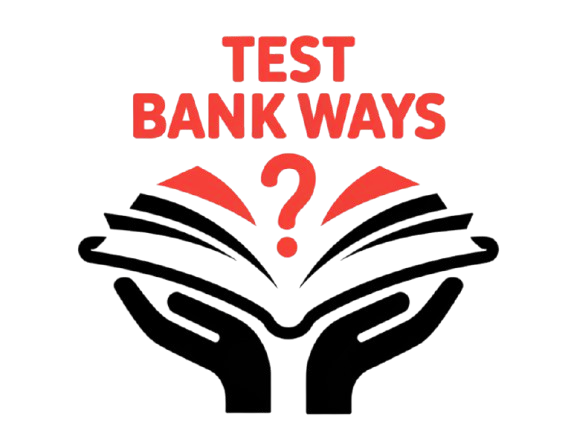
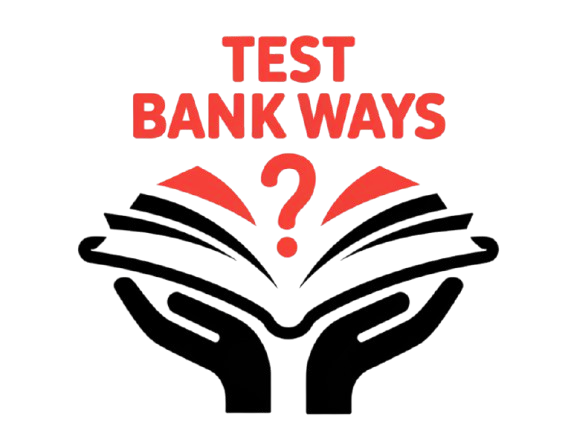
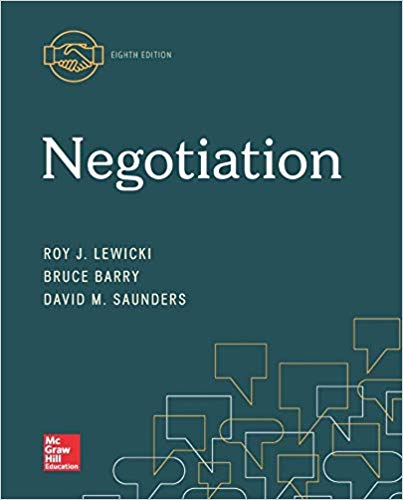
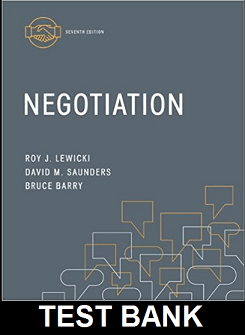


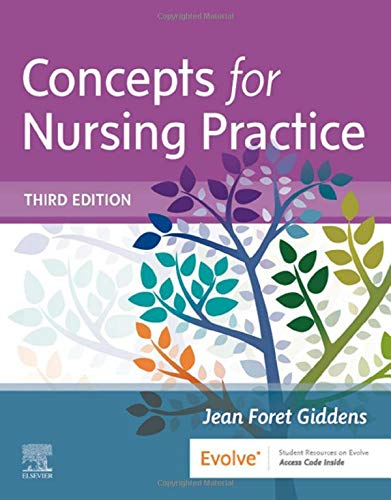






Reviews
There are no reviews yet.